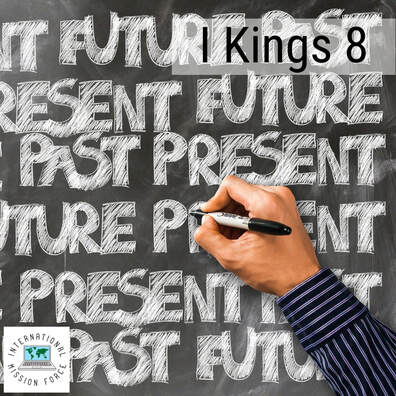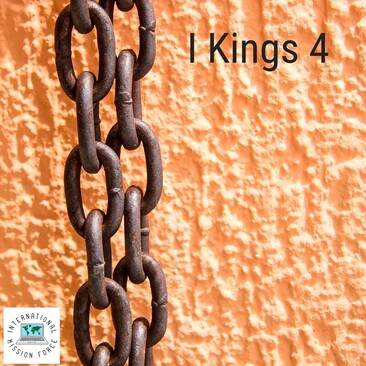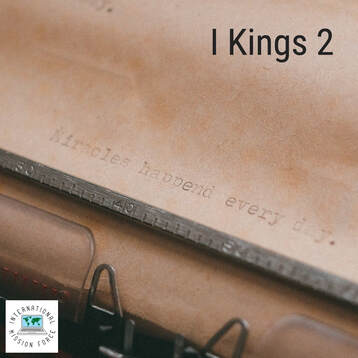
I imagine this is a glimpse of our reaction upon discovering the grace and glory of God. It is almost more than we can comprehend. Every tiny detail of our lives are part of a plan too grand for our finite minds to grasp.
Whatever field of study we pursue, there is always more to learn. It’s an infinite quest, because our understanding is growing but never finding the end of knowledge. Solomon said, “Then I applied myself to the understanding of wisdom, and also of madness and folly, but I learned that this, too, is a chasing after the wind.” The greatest wisdom of man is just chasing after the wind that God creates with a word.
Have you ever seen one of the natural wonders of the world? The Grand Canyon? Victoria Falls? Mount Everest? Imagine the awesome power of a God who created such magnificence. Then consider the intricate design involved in the DNA, not just of humans, but of every living thing. Imagine the depths of the universe, where the Hubble telescope is sending out images from 128 light years away, showing us galaxies we never knew existed. “And God spoke and there was light.”
In our modern world, we like to take things apart. To figure out how they work. We want to see behind the curtain and understand what the magician’s trick is. God wired us with this curiosity that constantly strives to know more, to understand more. But God is no magician. He gave us this drive to learn and provides us with the classroom of creation, with millions of things for us to study and grow in knowledge. But all of these quests lead us back to Him.
One of my favorite pastimes is working puzzles. The more challenging, the better. But when I’ve finished, there is a sense of loss. Sure, there is satisfaction as well, but the quest is over. I’ve heard readers refer to it as “post-book depression” or a “readers hangover.” It’s this sadness of coming to an end.
But the beauty of growing in our love for God and seeking Him, is that it never ends. He is the magnificent puzzle that has no edge pieces! He is the series you love that never comes to an end! The hike in the woods that simply goes deeper and deeper! The dive that goes to depths beyond the sun’s reach!
All of the curiosity and the desire for a quest, an adventure, it’s all found in a relationship with God through His Son Jesus.









 RSS Feed
RSS Feed